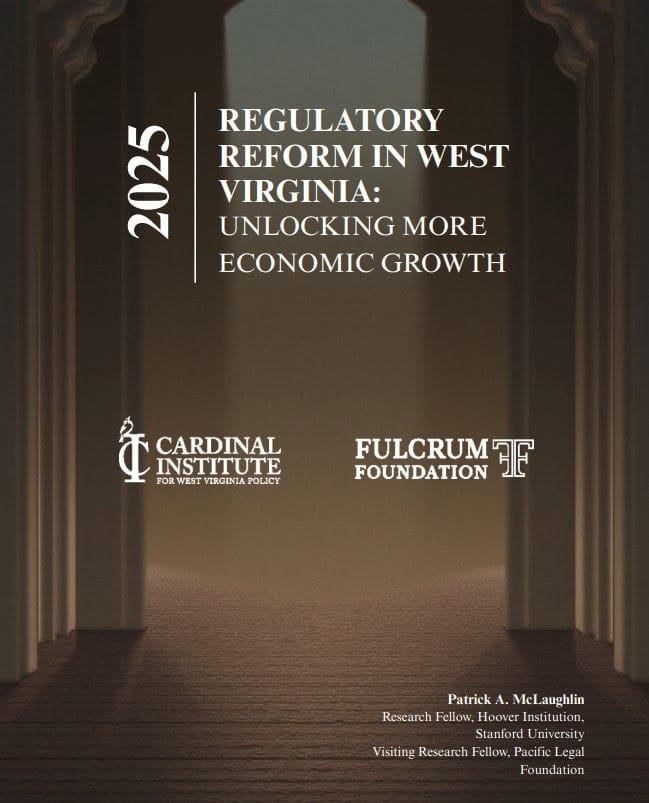
An Ode to the Status Quo
Cardinal Team
Ohhhhh… Status QuooOOooOO
Why do the people of West Virginia seem to love you sooOOooOO?

The past 50 days in West Virginia have put a spotlight on something of a disturbing trend. Namely, that the powers that be in the Mountain State are laser-focused on maintaining a world where their power is not, and cannot, be threatened – regardless of consequences to the well-being of the broader population.
Case in point: teachers unions’ and the public school system’s virtual monopoly on West Virginia education. When the Comprehensive Education Reform bill was unveiled, the status quo monster emerged and proclaimed that this was not the way forward.

Baked into this proposal was a bundle of items that gave everybody something to love, as well as, something to groan over. We’re aware of most of those by now, but perhaps a refresher will be helpful.
Included among this bundle was:
- Another 5% pay raise for teachers and service personnel
- Funding all counties for a minimum of 1,400 students
- Fixing levy rates so as to not penalize or hinder growth-counties
- Funding for support personnel in every school – to be chosen among an additional nurse, psychologist, counselor, etc.
- School safety funding, specifically to place a resource officer in every school
- Differential pay – to recruit and retain high quality teachers in high-need areas both geographically, and by specialty
- Funding for innovation zones
- A $250 tax credit for teachers paying for classroom supplies out of pocket
- A $500 incentive for minimizing absenteeism
- Increased teacher input in student advancement
- Increased ability for counties to suspend or terminate employment in cases of misconduct or abuse
- Pay and extracurricular suspension in the event of a strike or work stoppage
- Introduction of up to seven charter schools throughout the state
- Education savings accounts for 1,000 students who have special needs or have been affected by bullying
- Mandatory open enrollment
- Alterations to how reductions in force are administered – basing the decisions on qualifications first, and seniority second
By most accounts, education professionals and the school systems overall stood to gain tremendously from this comprehensive proposal. Many of the challenges educators face in providing a quality education, in West Virginia and elsewhere, were addressed here. The funding increases were substantive, as was the increased commitment to safety and wraparound services in the schools.

Additionally, students and families who aren’t being optimally served in their assigned district schools were provided outlets and alternatives through this bill by way of open enrollment and the marginal expansions of choice through charter schools and education savings accounts.

However, all of this was coated in a layer of accountability that hasn’t really been seen in the Mountain State before. This accountability would have come formally through the counties’ increased ability to discipline teachers who conduct themselves unprofessionally and the relative shift of importance between qualifications and seniority. Accountability would have been informally administered as well by the newfound freedom of families to vote with their feet by moving to schools that more effectively educate their children.
By some estimate, the threat of accountability was too much. How dare West Virginians question the system that’s been operating in our fair state for generations?! How dare West Virginians question the performance and the expertise of the individuals who comprise this system?!

So, like 2018, a work action was voted for by union membership, and on February 18, that vote for action was translated into another work stoppage announced by union leadership. Again, like 2018, their action was a case study in “getting what you want,” and comprehensive education reform was postponed indefinitely.
Or in other words, the status quo was maintained. West Virginians can continue to sing their ode to the status quo. For now, at least . . .

Jessi Troyan, Ph.D. is the Development Director at the Cardinal Institute for WV Policy.







